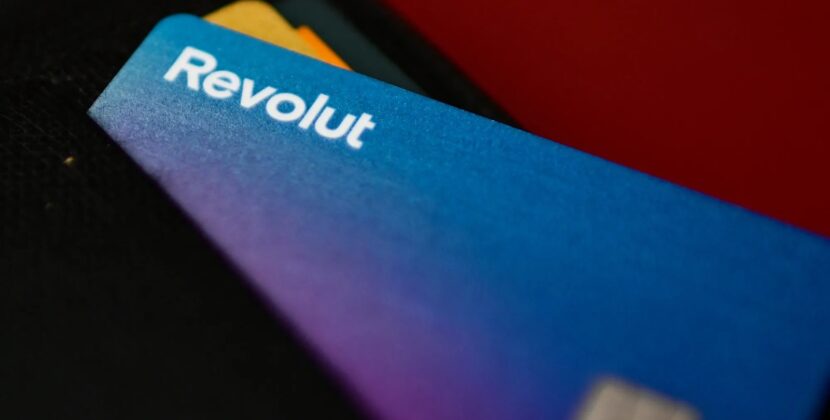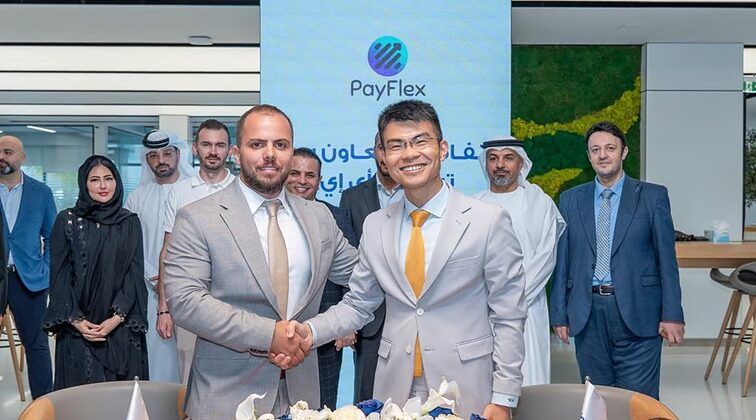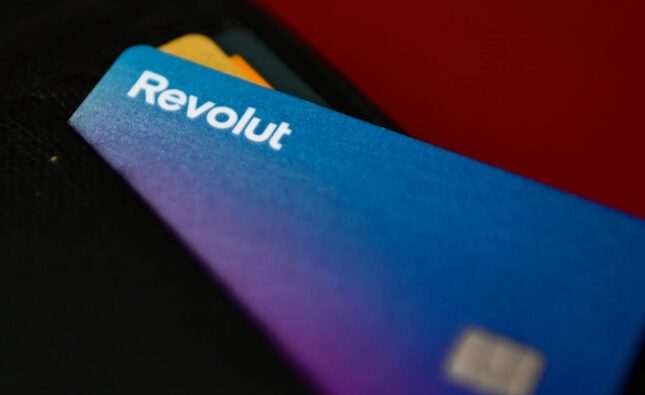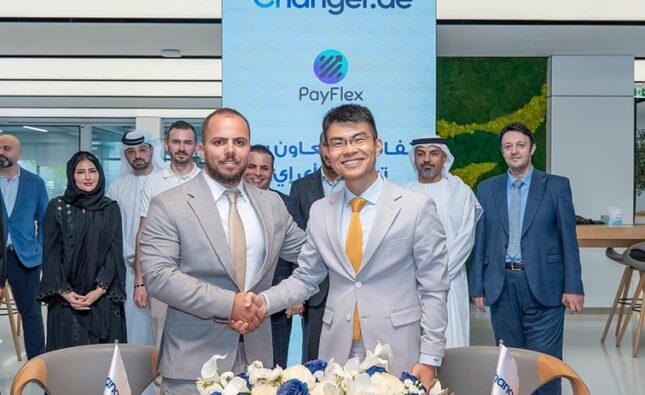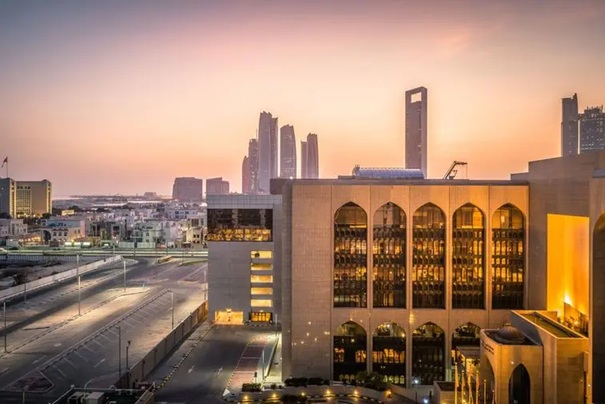
In a recent interview with Stephen Richardson Chief Strategy Officer and Head of Banking at Fireblocks he discussed the growth and work being done in MENA given the positive stance UAE regulators have taken with regards to digital assets, and he noted that more UAE banks are entering the crypto space and will eventually bring crypto in house.
He starts off by noting how exciting it has been to see the growth in the region and to support it and when asked about the entrance of the banks into the arena he explained that from a technology perspective their requirements are the same as those of crypto native players.
He states, “Our platform has been utilized by crypto native players over the last few years, and they are putting our system to the test when it comes to the applications and use cases being implemented. We have learned from them, from their activity, the scale they put through the system.”
According to his experience, crypto native and fintech players are quick to execute and scale, while banks tend to be a bit more conservative.
He notes, “With Banks there is significant testing, proof of concepts, and pilots that then get into early-stage beta rollouts to customers, then get scaled into full blown production. So, the journey with banks is longer and significantly slower.”
He reasserts that while technically they are both in the same boat, when it comes to risk, operational frameworks, banks are much more attentive to that. “While with Fintech and crypto exchanges a significant portion of their business, 99% comes from digital assets, with banks they are more conservative because 99% of their business is outside of digital assets.”
He reiterates that with banks if anything goes wrong in their digital asset offering it will have an impact on their ability to execute and support other innovative lines of business. If regulators come down and find any negative activity it will be impactful. Banks pay specific attention to the framework, implementation, governance, risk parameters.
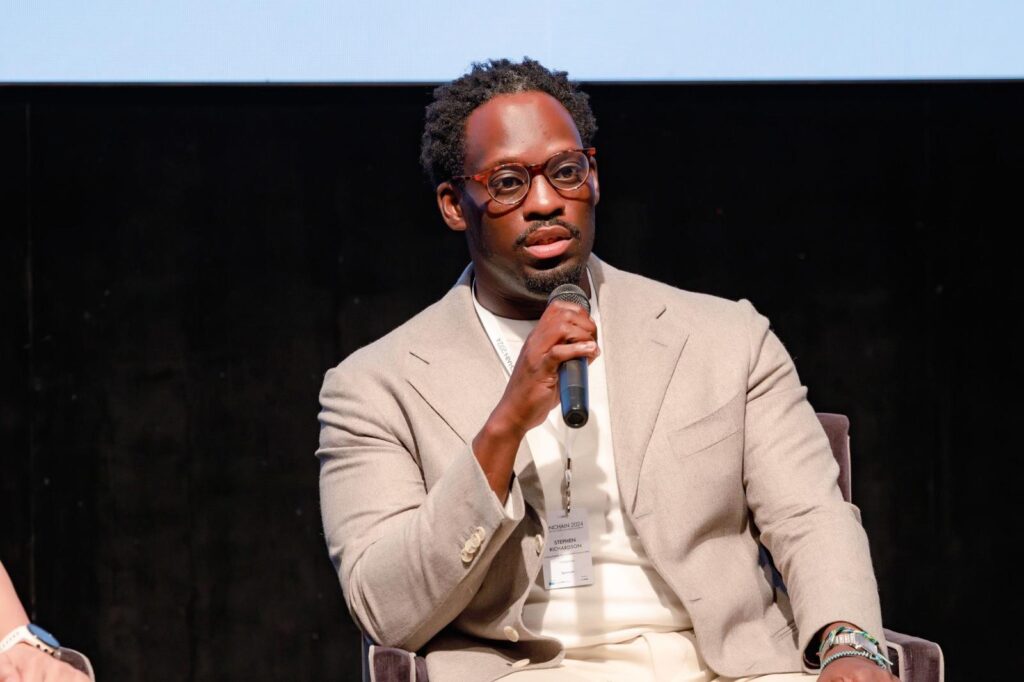
But Richardson believes “Banks will eventually stop using the service of crypto exchanges to bridge their activities with crypto and will bring these capabilities in house.” That will happen once they operationalize crypto into their business, and gain the expertise on how to run a digital asset business. Richardson notes that “ Banks are building that right now, by integrating crypto exchange offerings into their business, offering a broker all in one solution to go to market and assess the impact it will have on them commercially. Eventually they will bring some of those capabilities or all those capabilities in house.”
“We are seeing banks do the same thing that payment providers have done, moving from crypto remote to crypto inside. “
Already Fireblocks has been working with some banks in the UAE. It is one of the members of Emirates NBD digital assets lab, which according to Richardson has been a focal point for the bank to understand digital assets and the capabilities as well as what can be developed around them.
FireBlock’s team and Emirates NBD are working closely together to explore and understand different use cases. According to Richardson there are significant use cases that can affect corporate and transactional banking, investments banking and the payment side of the business.
FireBlocks offers banks Wallets-as-a-Service, a white-labelled solution to create, manage, and secure MPC wallets at scale. MPC enables multiple parties, each holding their own private data, to evaluate a computation without ever revealing any of the private data held by each party (or any otherwise
Fireblocks also provides Hardware Security Module (HSM) integration through its open interface, allowing users to connect new or existing HSMs from leading providers like Thales and Securosys with the Fireblocks platform.
This HSM support complements Fireblocks’ core Multi-Party Computation (MPC) technology and its ability to host key shares across both public and private cloud environments, offering financial institutions a flexible, multi-layered approach to digital asset security. Customers can leverage these integrations for on-premises safekeeping or in cloud-based data centers, enhancing their key management infrastructure with hardware-backed security related secret information).
Fireblocks combines HSMs with its MPC technology, not as a replacement, but to create a more robust, defence-in-depth security system. MPC securely distributes key shares across different systems, while HSMs provide a tamper-resistant hardware anchor for secure key operations
According to Richardson most banks are choosing the HSM option for internal risk considerations. This is because banks have different internal policies around hosting, while crypto native players will either chose Fireblock’s SAS based solution or hosted MPC.
Launch of AED stablecoins will push Banks as well into digital asset domain
The UAE has been at the forefront of AED stablecoin regulation as well as CBDC. It has already passed both legislations and there is one regulated AED stablecoin so far.
Richardson believes that banks will need to integrate the AED CBDC and AED stablecoins as well as look into the issues of interoperability given that not all stablecoin architectures are the same.
“Banks are having conversations in the MENA region on the inclusion of stablecoins and they are very aware of the implications as they are aware of the implications of digital assets technology and are actively testing those capabilities and what makes sense for the banks and how to execute against that and opportunity sets.”
He adds that banks are doing this at a deliberate pace, but in general they are moving.
Banks will face the same risks that crypto native players and will need to pay attention to that.
“ Digital asset security is a significant issue, for example if you had $100 million worth of gold bars, how much money would you spend to secure that asset, if you consider crypto or Bitcoin as digital gold, and all these assets are sitting on a blockchain, you know not only is it easier to steal and in general the more of an asset online the more valuable it becomes to attack that singular target.”
He adds, “I think eventually banks will act as a hub for both liquidity but for like customer balances in digital assets, it won’t only act as crypto exchange, but people trust their banks to keep their assets safe and secure and to interact with money.”
“They will offer the full stack, and we see this with JP Morgan, BNY Mellon, DBS and this is the trend. In the end banks offer financial services and financial use cases, and digital assets or blockchain is just another medium for that. Security will be the top of mind.”
Blockchain will be critical because the digital assets will sit on the blockchain itself. Adoption of blockchain technology will be critical as will AI.
Already Fireblocks has announced the launch of the Fireblocks Network for Payments to power stablecoin payments across more than 100 countries, including Singapore and Hong Kong. It enabled fintechs, PSPs, and other institutions to build products on its infrastructure, delivering payouts, remittance, merchant settlement, cross-border treasury and orchestrating global payment flows with complete control.
Open, secure and compliant by design, the Fireblocks Network now unites local payment rails, blockchains, and stablecoin systems with on/off-ramp, stablecoin issuers and liquidity providers, on-chain FX, and remittance capabilities for over 60 currencies.
Future of Fireblocks in MENA
As for the future Richardson notes that Fireblocks will continue to serve clients in the MENA region. They have recently partnered FeedX and BurjX as well as MultiBank and others. He adds that new customers are coming into the space.
“In the UAE we are covering 150 plus accounts.” This is because the UAE is a jurisdiction that has created a framework for digital assets that is very clear and comprehensive. Because of this Richardson sees an acceleration in the UAE and Fireblocks is present to offer the technical stack that helps businesses execute correctly not only regionally but globally from the UAE.
The opportunities are growing as other industries and players enter the digital asset and blockchain space. Fireblock’s being focused on securing blockchains as information goes on chain. Fireblock will continue to ask the question where the value exists for them and their clients.

